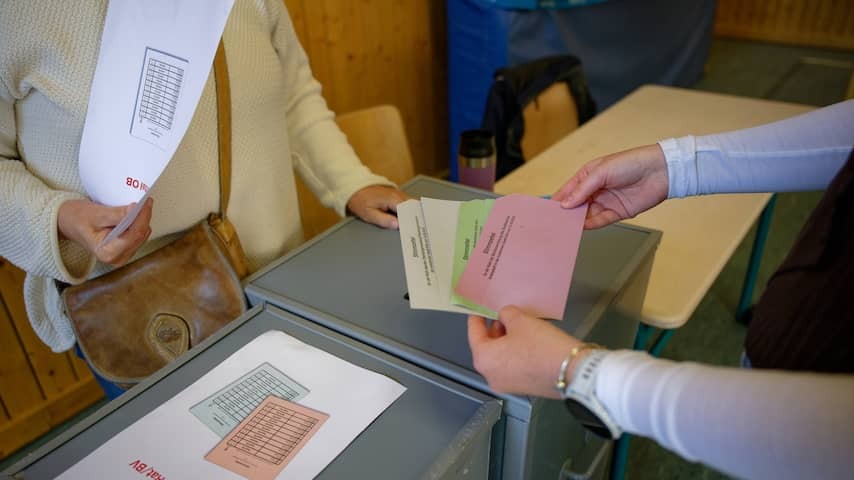
Inhabitants of the Most Densely Populated State of North Rhine-Westphalia Went to the Polls on Sunday for What Is Seen in Germany as the First Major Test for Chancellor Friedrich Merz. Accordance to the initial forecast, the CDU Appears to Be the Largest, but the desk is making the most gains.
North Rhine-Westphalia has more eligible voters than all East German States Combined. Some 13.7 Million People Were Called to The Polls.
AltheHeS Sunday is about Municipal Elections, The Outcome is Said to Be An Indication of How Satisfied Germans Are With The Policies Of The New Chancellor. Since His Shaky starts in Parliament, he has been under pressure to remove dissatisfaction in the country about, Among Other Things, Migration.
Merz’s Party, The Christian Democratic Union (CDU), won the most votes with 34.2 percent. This is Almost the Same As the Election Result in 2020, when the Christian Democrats won 34.4 percent of the Vote. That was a historical low results for the party, writes the regional medium rheinian post .
In Second Place, the Social Democratic Party (SPD) With 22.5 percent. That party had to give up votes again compared to the previous elections. In The Parliamentary Elections Earlier This Year, the SPD also Suffered a Sensitive Defeat Under Former Chancellor Olaf Scholz.
AfD Follows National Trend
Alternative for Germany (AfD) is also Following the National Trend in North Rhine-Westphalia, Making It The Biggest Winner in the Local Elections. The Party won 16.5 percent of the Vote, More Than Three Times as much as in the 2020 Elections. This Growth was also visible in the parliamentary elections, when ath achieved its best election result ever.
In Fourth Place, Die Grünen, which, Like the SPD, Sees A is significantly decrease in the Number of Votes. Approximately 11.5 percent of Eligible Voters from North Rhine-Westphalia Voted for the Party on Sunday, Compared to 20 percent in 2020.
The Final Result of the Elections is not expected Until Tuesday. A Total of 20,000 seats will be distributed in the Councils of 396 Cities and Municipalities. In Germany, Municipal Elections Are Not Every Four Years As in The Netherlands, But Every Five Years.